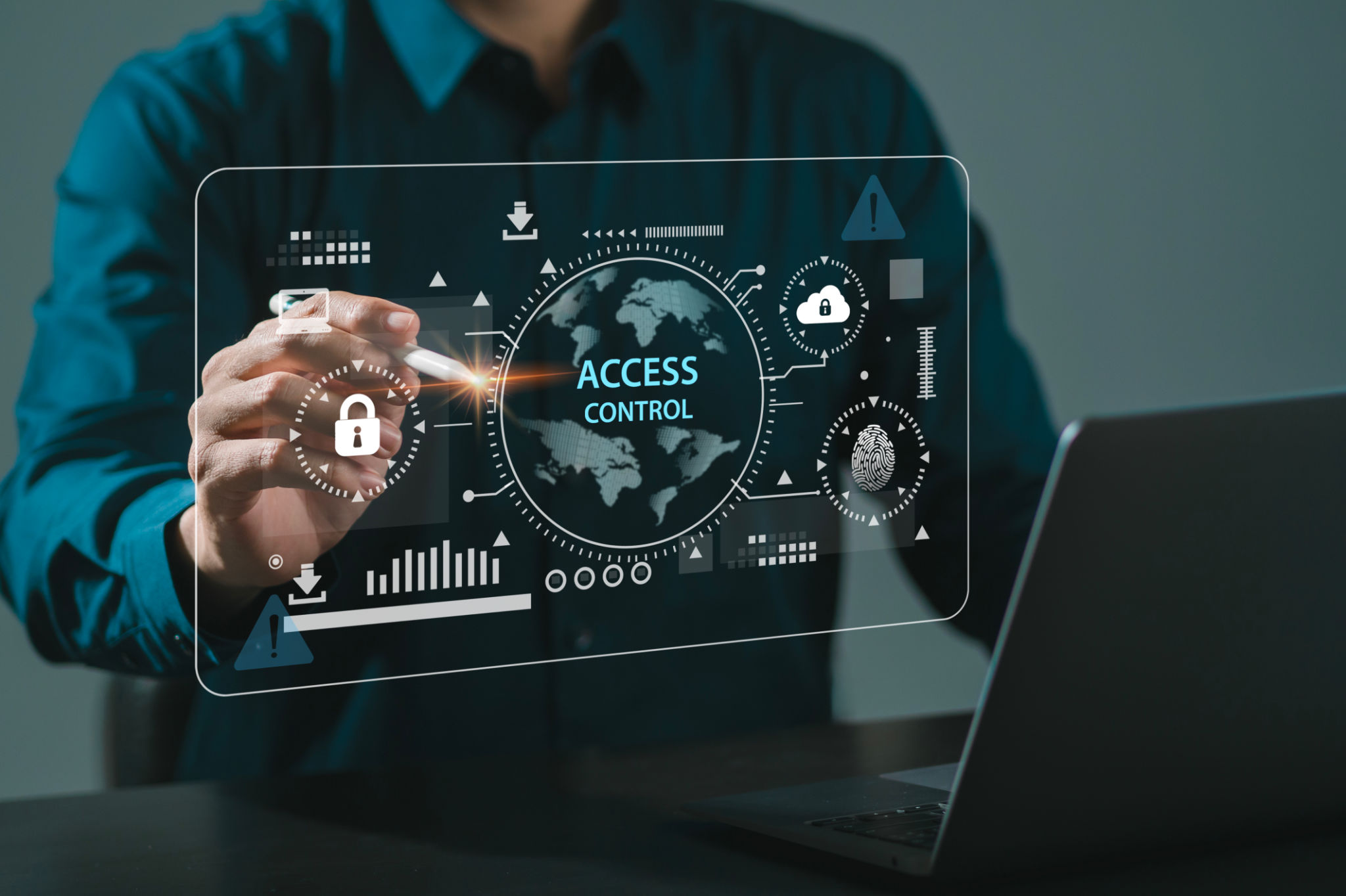Comparing Access Control and Security Systems for Different Industries
Understanding Access Control Systems
Access control systems are essential tools for managing who can enter or exit specific areas within a facility. These systems are crucial for various industries, ensuring that only authorized personnel have access to sensitive or restricted areas. Key components of access control systems include card readers, biometric scanners, and electronic locks, each serving the purpose of enhancing security by verifying identities.
In industries such as healthcare, access control systems are vital for protecting patient data and medications, while in education, they help in monitoring and safeguarding students and staff. Different industries have unique requirements, making it important to select an access control system that aligns with your organization's specific needs.

The Role of Security Systems
Security systems encompass a broader range of technologies designed to protect assets, employees, and information from potential threats. These systems can include surveillance cameras, alarm systems, and cybersecurity measures. The primary goal is to deter unauthorized access, detect potential threats, and respond effectively in case of a security breach.
Industries such as banking and finance heavily rely on advanced security systems to prevent fraud and safeguard sensitive financial data. In contrast, retail businesses may focus on preventing theft through integrated surveillance and alarm systems. Understanding the specific security needs of your industry is critical when selecting an appropriate system.

Comparing Access Control and Security Systems
While both access control and security systems aim to protect an organization’s assets and personnel, they function differently. Access control systems are primarily concerned with who can enter or exit a space, focusing on identity verification. In contrast, security systems are more comprehensive, addressing a wider range of potential threats, including physical breaches and cyberattacks.
Choosing between the two depends on your industry’s priorities. For example, a data center may prioritize access control to protect against unauthorized entry, while an e-commerce business might invest more in cybersecurity measures to defend against data theft.

Industry-Specific Considerations
Each industry has unique requirements when it comes to access control and security systems. In the healthcare sector, compliance with regulations like HIPAA necessitates robust access control to protect patient data. Conversely, manufacturing industries might require integrated security systems that include both perimeter security and internal surveillance to prevent intellectual property theft.
Educational institutions need to balance between creating an open environment and ensuring student safety. Access control systems can help in managing entry points, while security systems can monitor activities across campuses.
Implementing the Right System for Your Industry
To implement the right system for your industry, consider conducting a thorough security assessment. Identify potential vulnerabilities and prioritize your needs based on risk factors specific to your field. Collaborate with security experts to design a system that addresses both access control and broader security concerns effectively.
It is also essential to keep your systems updated with the latest technology advancements. This ensures ongoing protection against evolving threats and maximizes the efficiency of your security measures.

In conclusion, comparing access control and security systems requires a deep understanding of their functionalities and your industry's specific needs. By carefully considering these factors, you can create a secure environment that safeguards your assets, personnel, and information effectively.
